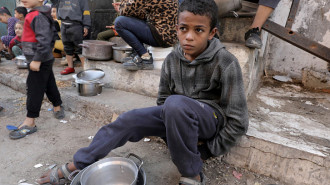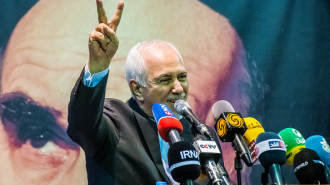Iran,world powers in crunch talks to seal nuclear deal
US Secretary of State John Kerry will head to Paris Thursday before flying to Vienna, where Tehran and six world powers are locked in a final round of negotiations.
Kerry, who extended his stay in the British capital, where he has been since Monday, met his Omani counterpart Youssef ben Alaoui Wednesday. Alawi is acting as an intermediary in nuclear talks with Iran.
Members of the "5+1" group (the United States, Russia, China, France, Britain and Germany) have until Monday to seal a landmark accord with Iran on its nuclear programme.
Omani diplomacy
The top Omani diplomat, whose country has good relations with both Iran and the United States, had visited Tehran briefly on Sunday.
Oman has been acting as an intermediary in negotiations between Washington and Tehran on the Iranian nuclear programme, particularly since the last round of talks in Muscat in early November and in discussions held in secret in 2011-2012.
As well as negotiating on the nuclear issue as part of the "5+1" group, the United States has been involved in bilateral discussions with Iran, under the aegis of the European Union's foreign policy chief Catherine Ashton.
British doubts
Britain expressed doubts, however, that a nuclear deal could be reached with Iran by the looming deadline.
UK Foreign Secretary Philip Hammond indicated the most to be hoped for was enough progress to justify putting yet more time on the clock beyond Monday's cut-off point.
"I am not optimistic that we can get everything done by Monday," he said on a visit to Latvia."But I think if we make some significant movement, we may be able to find a way of extending the deadline."
A US State Department spokesman however insisted that negotiators were still trying to get a deal done in time, something that many experts doubt, particularly as an earlier July deadline was missed.
"Our hope remains to try to achieve an agreement by November 24. We're not talking about an extension we are focused on November 24 as the deadline," a spokesman told reporters in Washington.
Iran and the five permanent members of the UN Security Council plus Germany have been trying since February to turn an interim accord reached a year ago into a lasting agreement before November 24.
Key issues
Some areas appear provisionally settled, such as the future of the Arak nuclear reactor and tighter UN inspections to better detect any attempt to build a bomb.
But two key issues remain: uranium enrichment-rendering uranium suitable for peaceful uses but also, at high purities, for a weapon- and the pace at which sanctions on Iran might be lifted.
Iran wants to increase the number of enrichment centrifuges in order, it says, to make fuel for a fleet of future reactors while the West wants them dramatically reduced, reportedly by half.
In exchange for any reduction in its activities, Iran wants sanctions lifted. But the powers want to stagger any suspension arguing that they want to test Iran's commitment to any deal.
Arak reactor
Iran's nuclear chief ruled out further negotiations on the design of a reactor that the West argues could be used to produce plutonium for an atomic bomb.
The future of the Arak reactor is one of the main issues in talks between Iran and six world powers under way in Vienna aimed at striking a deal on Tehran's nuclear programme by November 24.
Iran insists the unfinished reactor, located 240 kilometres (145 miles) southwest of Tehran, is solely for research purposes.
Iran has already promised to make some modifications to the design of the heavy water reactor to limit plutonium output.
The United States has proposed transforming Arak into a light water reactor so that it produces far less plutonium, but Tehran has refused.
Iranian officials have said the design of the Arak reactor, whose construction is being supervised by the UN nuclear watchdog, will be modified to produce one kilogramme (2.2 pounds) of plutonium a year instead of eight kilos as originally planned.
Tehran denies seeking to build an atomic bomb and says it wants to expand its nuclear programme in order to generate electricity.

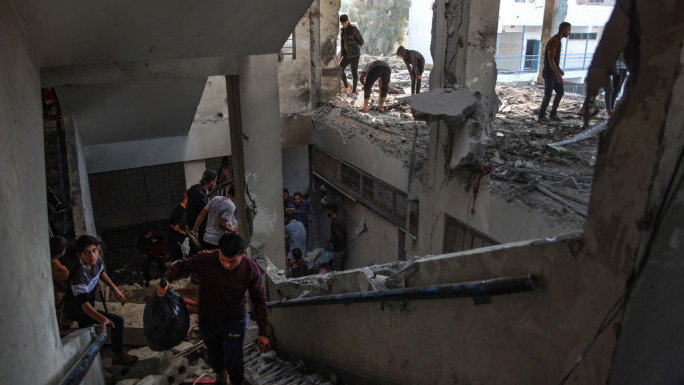
![President Pezeshkian has denounced Israel's attacks on Lebanon [Getty]](/sites/default/files/styles/image_684x385/public/2173482924.jpeg?h=a5f2f23a&itok=q3evVtko)
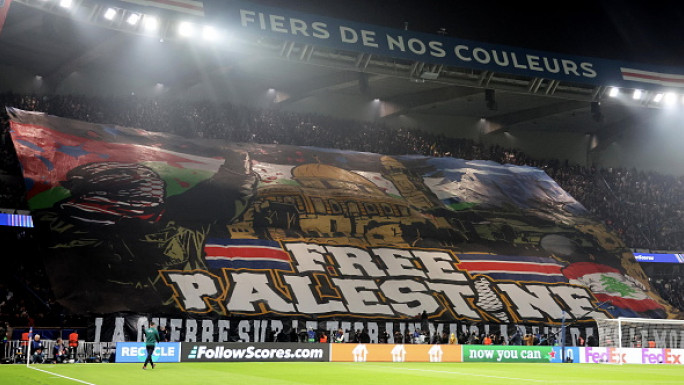
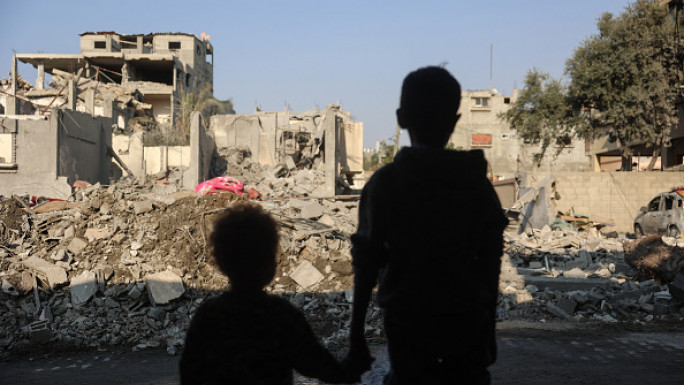
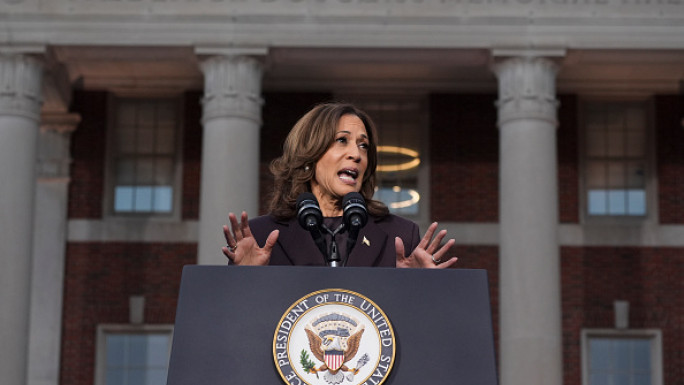
 Follow the Middle East's top stories in English at The New Arab on Google News
Follow the Middle East's top stories in English at The New Arab on Google News
![Palestinian men Gaza [Getty]](/sites/default/files/styles/image_330x185/public/2160546700.jpeg?h=a5f2f23a&itok=yn_zjtbp)
